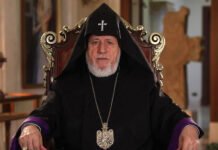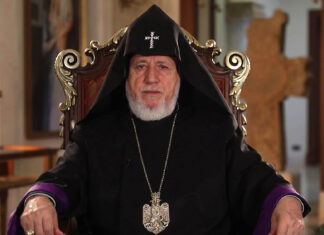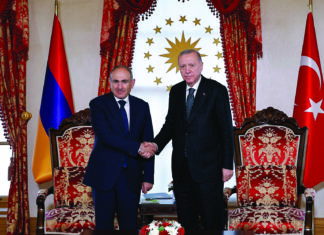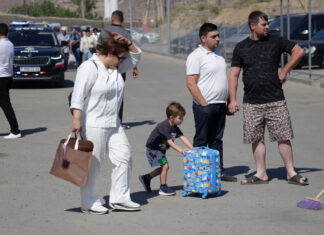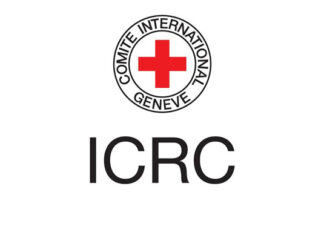By Avo Piroyan
Special to the Mirror-Spectator
YEREVAN — Armenia inherited its education system from the Soviet Union. For better or worse, during Soviet times there was a clear curriculum, system and comparatively reasonable funding.
30 years later Armenia is still trying to forge a new path with all three aspects in limbo.
Pre-Pashinyan era
The Soviet education system was rigid and intense. “It was heavily focused on teaching knowledge and to a lesser extent skills,” said Sofya Hovsepyan, a former Armenian parliamentarian and expert on Armenia’s education system.





